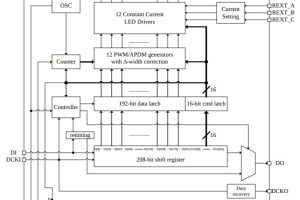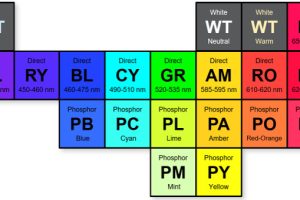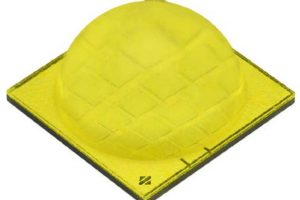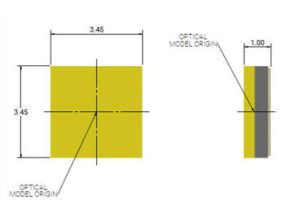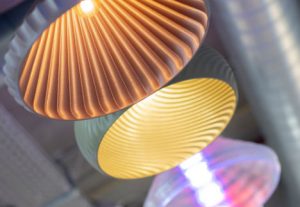
“We are the first lighting manufacturer to produce 3D printed luminaires on an industrial scale. The company has perfected this flexible, more sustainable form of manufacturing, using a 100% recyclable polycarbonate material, which allows luminaires to be bespoke designed or tailored to customer’s needs and recycled at the end of their life, supporting a circular economy,” according to the firm.
Marks and Spencer has already signed-up, and is in the first phase of rolling out thousands of 3D printed luminaires across stores in the UK by the end of 2020. Other early adopters include Albert Heijn, SAS, Total and Praxis.
According to Signify, a typical 3d printed luminaire (excluding electronics and optics) has a 47% lower carbon footprint than a conventionally manufactured metal luminaire, and nearly every component may be reused or recycled. They weigh less, leading to an estimated 35% reduction in shipping carbon emissions.
“Customers can have their ideas brought to life in a matter of days rather than months,” said Signify chief innovation officer Olivia Qiu. “We can create new, or customise existing designs without huge investments.
The European plant is at Maarheeze in the Netherlands, where plans include up to 500 3D printers of different sizes with the ability to create luminaires up to 600mm high and wide.
In January 2020, 3D printing (and LED integration) facilities will be opened in Burlington, Massachusetts for professional and consumer markets. “Additional facilities in Noida, India and Jakarta, Indonesia will follow quickly after,” said Signify.
M&S stores in the UK shceduled to get 3d printed Signify LED luminaires include: London, Manchester and Belfast. Dublin and Cork are also on the list. Several bespoke products are involved.
“The potential for these fittings is enormous, both from an energy and cost-efficiency perspective,” according to M&S R&D manager Oliver Knowles. “They are printed on demand to fit perfectly without need for adjustment or cutting into our ceilings. We can also return them to have them recycled and new designs printed, enabling us to be current and topical.”
Dutch supermarket chain Albert Heijn has been using bespoke 3d printed decorative lighting pendants, manufactured to look like fruit, in the fresh food sections of over 100 stores. When new designs are required, the supermarket returns unwanted shades to Signify for shredding and re-printing.
On the same day, Signify announced an on-line service that allows consumers to tailor decorative luminaires. Included in the range is a customisable Philips LED table lamp made from 24 recycled CDs.
 Electronics Weekly Electronics Design & Components Tech News
Electronics Weekly Electronics Design & Components Tech News
